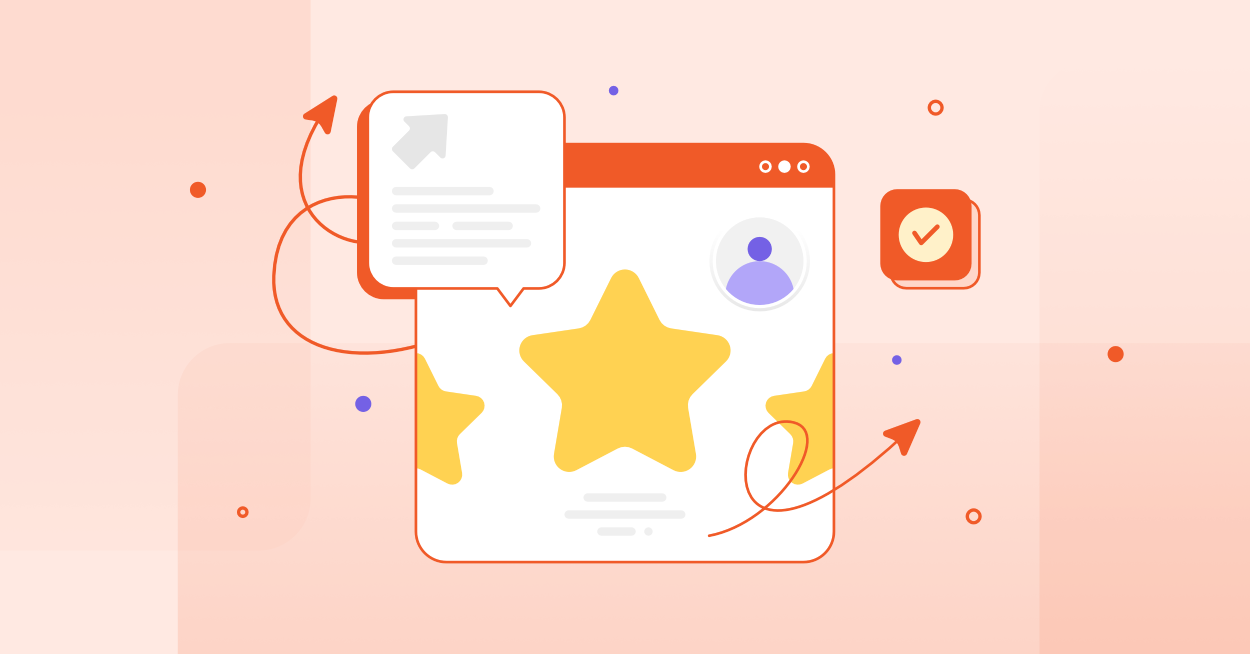
90% of candidates never hear back from the recruiters, according to Talent Board’s candidate experience (CandE) report.
The best candidate experience—from recruitment marketing to interviewing to offer and onboarding—helps you hire better talent, faster. It also ensures candidates become brand ambassadors for your company.
This article will explore data-backed strategies to help you deliver a memorable experience to each candidate.
In our job seeker study last year with Atomik Research, we asked respondents:
What do they want in their next career opportunity? What expectations do they have from the recruiting process?
I’m covering the insights in detail throughout this article, but here are the quick highlights:
.
To improve candidate experience and beat out competitors for in-demand talent, focus on these areas:
Building deeper candidate relationships requires recruiters to go beyond the transactional nature of the recruitment process. According to our recent State of Staffing survey, active listening skills are a defining trait of top recruiters. Listening to candidates, understanding their motivations, and responding to them quickly is essential to build a strong relationship. Candidates want you to be transparent about the role, salary, benefits, and hiring process.
32% of candidates cited career advancement and upskilling opportunities as top priorities. Think of ways you can provide additional value in the form of career coaching, training programs, mentorship, or networking opportunities. This positions you as an employer that cares, where candidates can develop a clear career path and set actionable steps to achieve their goals.
89% of job seekers find an employer's career website important for key information. An optimized career site with an easy-to-navigate layout and minimal friction during the application process improves candidate experience.
Allow candidates to easily browse jobs via mobile or desktop, and provide options to apply via text, QR code, or chatbot.
Job listings should highlight the key selling points of the role to keep candidates interested and help talent find the best match for their skills and experience. Explore our blog for a step-by-step guide to writing job postings that convert.
According to Talent Board, 82% of job seekers don't hear back from employers after applying. Provide a clear, honest timeline as early as possible. Be open about how many interviews will be required, the timeline for making a decision, and what candidates can expect next. Even “no-update” updates can go a long way in keeping the candidate engaged and interested.
Our study also found that:
If you are not getting back to candidates within a few hours (or even minutes), you dramatically increase the likelihood of dropoff.
I know recruiters can’t be available 24/7/365 — but that’s where technology can lend a hand. AI recruiting chatbots are available around the clock to help candidates explore jobs, ask questions, apply, and even schedule interviews.
Customize your candidate communications and tailor your message to their specific experience and qualifications.
To maximize response rates, use their preferred communication channels and send communications at significant milestones in the candidate journey, such as interview scheduling or offer acceptance. More on crafting hyper-personalized talent journeys, here.
Creating a best-in-class experience for candidates should be a top priority for any company looking to hire in today's competitive market. The investment in candidate experience pays off through fewer drop-offs, highly qualified hires, and long-term gains in employer branding.
And what can all this add up to? Sense customers, for example, leverage our technology to improve candidate experience and that leads to 30% decreased cost per hire and 2.5X improvement in NPS.
In a recent blog, we extensively explored how to measure the ROI of personalized candidate experiences and the impact on your core hiring metrics. Read the blog to know more.